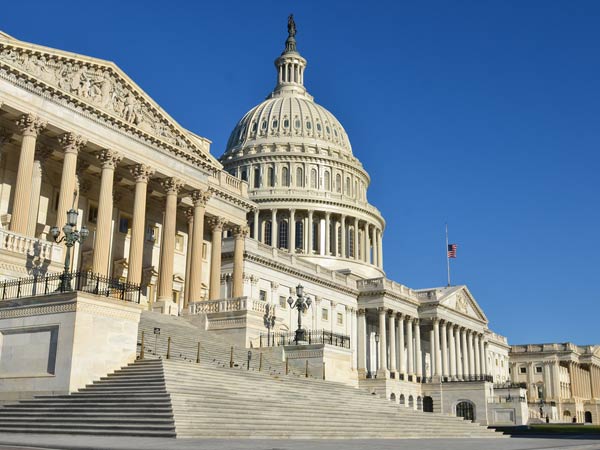I could be wrong but it seems like even though we talk a lot about this stuff here, irl at my school no one is convinced that these things are a significant issue. Is it that med students are mostly sheep (no hate)?
I can see why physicians don’t want to talk about mid levels at least. The reason being they’ve chosen to hire a lot of them and want to keep that on the DL
Medical schools mostly do not ventilate these things as doing so risks scaring premed applicants who might put two and two together to see the midlevel problem.
Not all physicians devalue their degrees by hiring midlevels.
Common midlevel problem lies:
1) There is a physician shortage
2) Some midlevels are as good or better than a physician
3) There is enough work for everyone
4) There is a role for midlevels
5) Midlevel independent practice will not affect patient safety
6) Midlevel independent practice will not affect a physician's livelihood
7) Midlevels will end up working in areas of physician scarcity
8) Midlevels encroachment will be limited to primary care medicine
9) Primary care medicine is easy enough for a midlevel to handle
10) Midlevel practice studies are not politically motivated
11) Competition from midlevels does not compromise patient safety
12) Physician education and training is excessive or unnecessary

